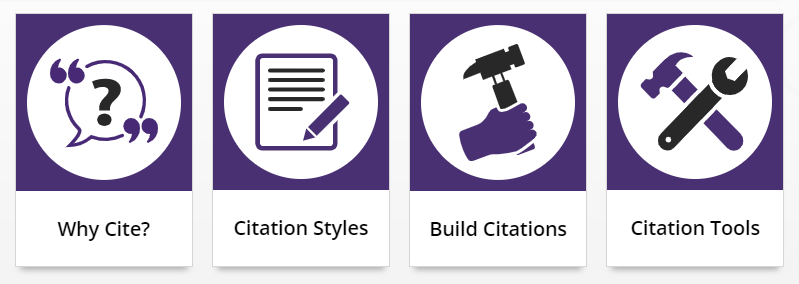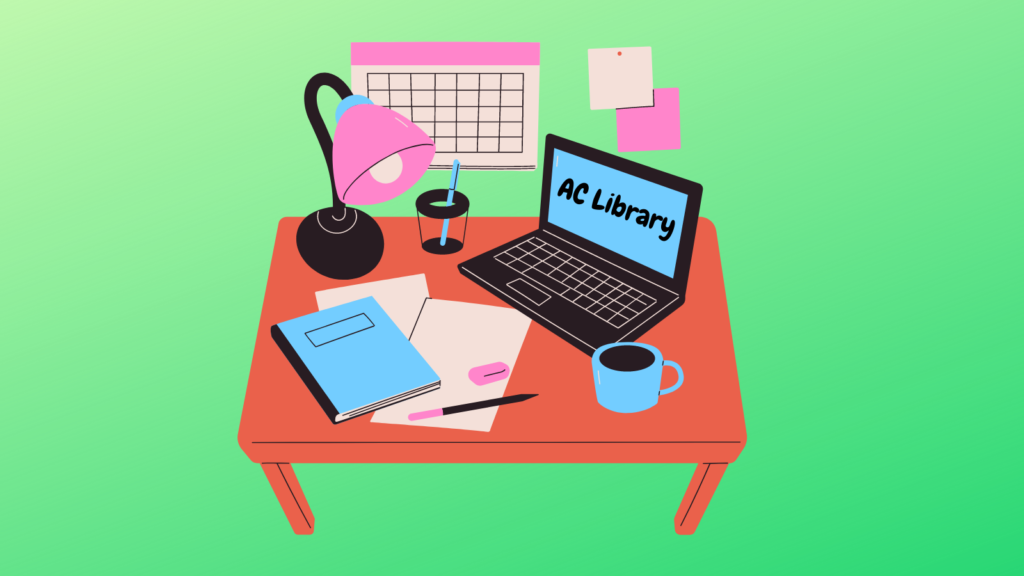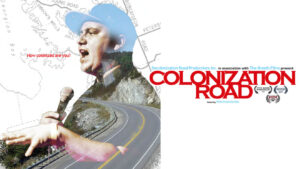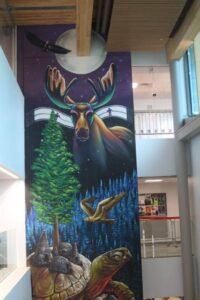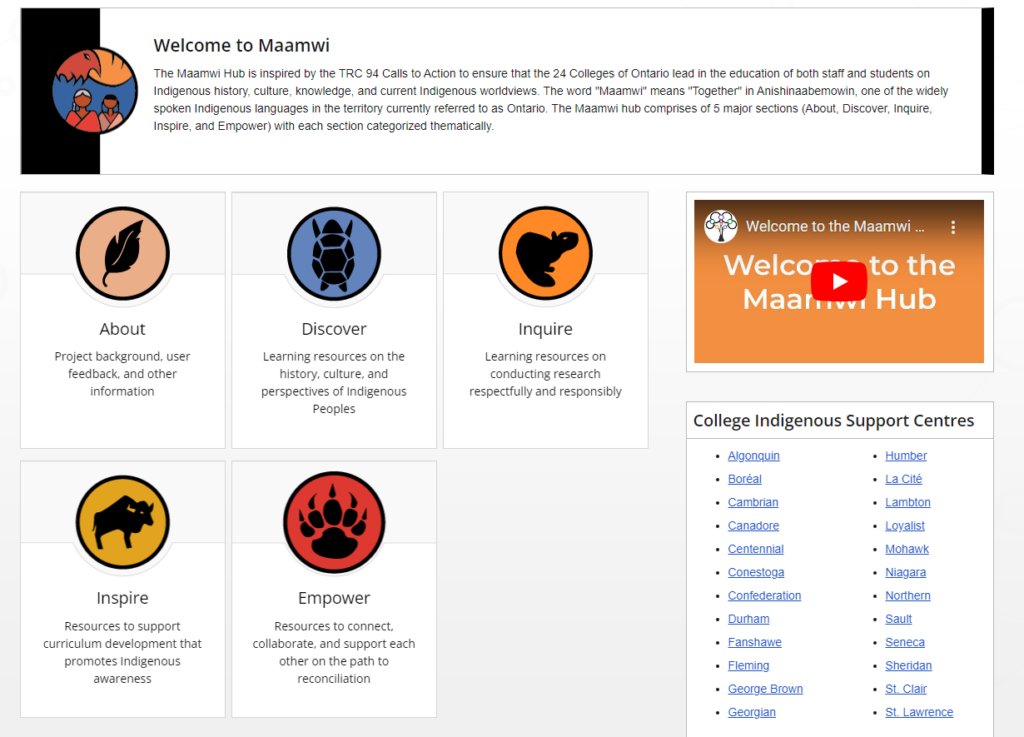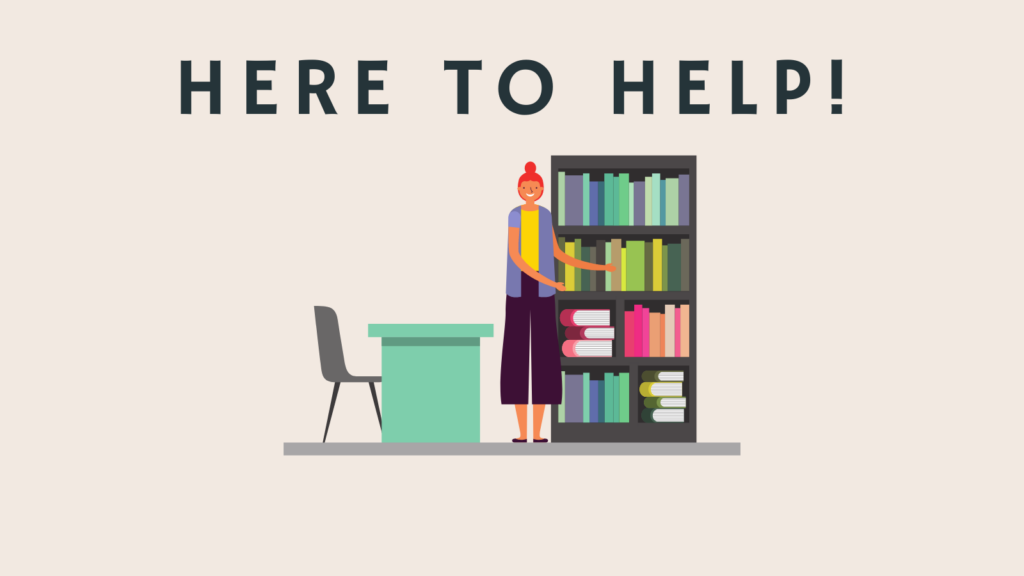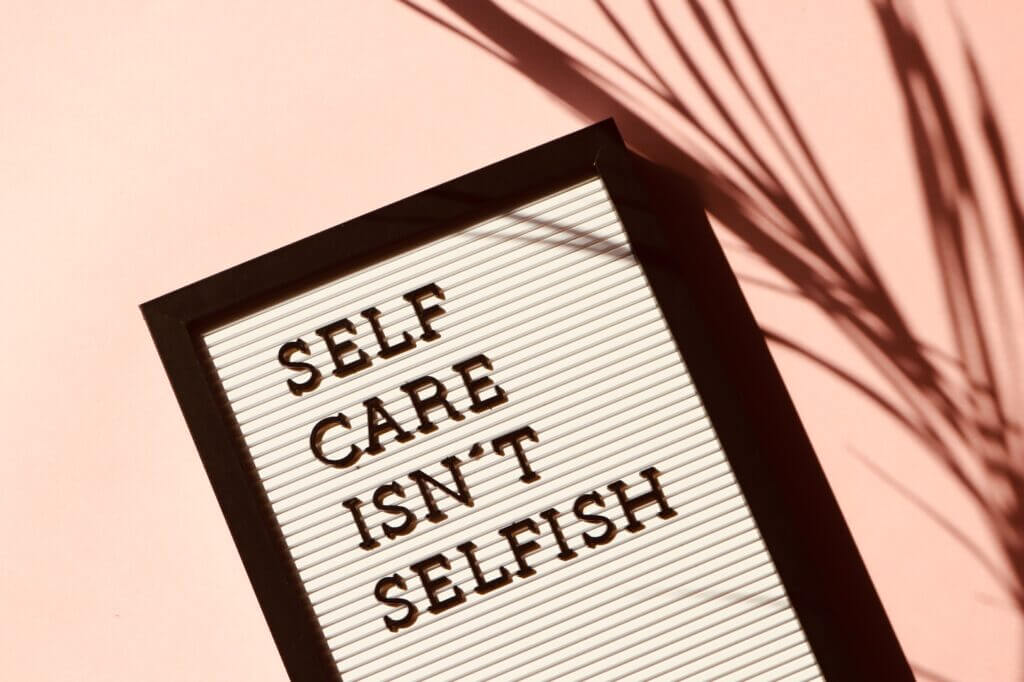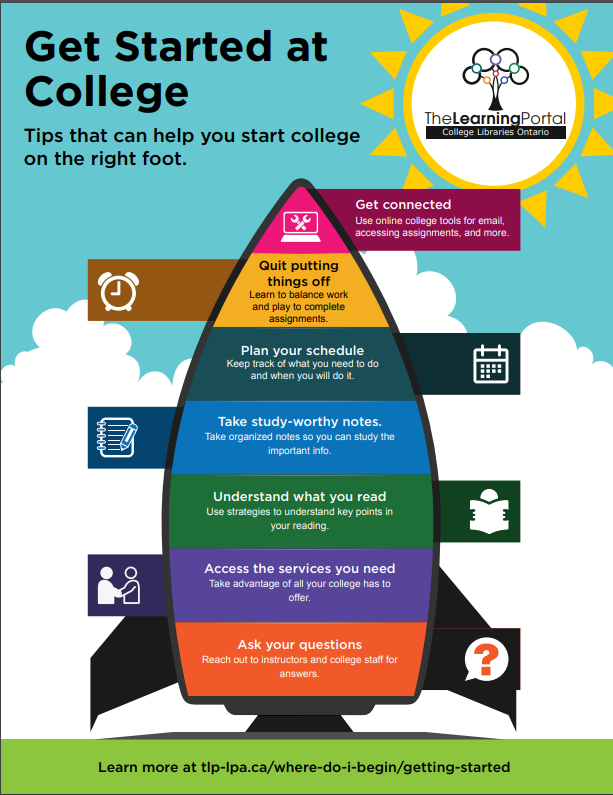Whether you’re stepping into the classroom on campus or engaging in your studies from the comfort of your own home (or even balancing both!), we’re thrilled to have you. The Library and Student Learning Centre (SLC) are here to support you every step of the way, with an array of services designed to make your learning experience as smooth and successful as possible.
Quick Reminder: To access some online resources, you’ll need to log in using your College Network Account.
 Library Space: Your Study Sanctuary
Library Space: Your Study Sanctuary
Need a quiet place to focus or a spot to meet with your study group? The Ottawa campus Library is open 24/7! 
 Library Live Chat: Real-Time Help at Your Fingertips
Library Live Chat: Real-Time Help at Your Fingertips
Got a question? We’re just a click away! The Library Live Chat service is available Monday through Friday from 8:00 a.m. to 5:00 p.m. If you need more in-depth, personalized research assistance, don’t hesitate to book a Research Appointment, available both online and in person.
 Borrowing and Returning Books: Easy & Convenient
Borrowing and Returning Books: Easy & Convenient
Need a book? Simply request items online using Page 1+, or pop into the library to pick it up. All you need is your AC card to borrow books. Returning books? Drop them in your campus Library’s drop box.
 Digital Resources at Your Fingertips
Digital Resources at Your Fingertips
Our A-Z Digital Resource Collections are packed with everything you need to succeed: databases, eBooks, journals, videos, and more! You’ll have 24/7 access—just log in with your College Network Account.
 Essential Skills Guides: Learn What You Need, When You Need It
Essential Skills Guides: Learn What You Need, When You Need It
From citing sources and avoiding plagiarism to study skills and math tips, the Essential Study Skills Guide has got you covered. Perfect for brushing up on those important skills you’ll need throughout your academic journey.
 FAQs: Your Questions Answered
FAQs: Your Questions Answered
Got a question? Visit our FAQ page for answers to commonly asked queries. We’ve gathered all the info you need to make your experience seamless and stress-free.
 Coaching Lab: Free Coaching for Your Success!
Coaching Lab: Free Coaching for Your Success!
At the Coaching Lab, you can get one-on-one help in a variety of subjects like math, writing, study skills, and even ESL! Whether you’re on-campus or learning remotely, coaching is available at no charge. Need coaching at the Pembroke campus? Head over to the Pembroke Campus Student Support Lab for appointments.
 Peer Tutoring: Learn from Your Peers
Peer Tutoring: Learn from Your Peers
Struggling with a course or concept? Peer tutoring pairs you with trained student tutors who’ve excelled in the course you’re taking. The best part? It’s just $8.00 per hour! You can book tutoring sessions online or on-campus.
 Skill-Building Workshops: Sharpen Your Academic Skills
Skill-Building Workshops: Sharpen Your Academic Skills
Join our free workshops designed to help you strengthen fundamental skills like research, writing, digital literacy, and study techniques. Whether you’re attending in-person or online, these workshops are a fantastic resource to boost your success.
 Page 1+: The Ultimate Research Tool
Page 1+: The Ultimate Research Tool
Meet Page 1+, our resource search tool! It helps you discover and access a wealth of industry-relevant resources more effectively. A must-have for your research!
 Open Educational Resources (OER): Free Learning Materials
Open Educational Resources (OER): Free Learning Materials
Access free, openly licensed textbooks, images, videos, and more with our Open Educational Resources Guide. This is your go-to for finding cost-free materials that support your studies.
 Subject Guides: Tailored for Your Program
Subject Guides: Tailored for Your Program
New to your program? Or diving into a specific research area? Our Subject Guides are curated resources designed for specific programs and areas of study. They’re perfect for preliminary research and getting started.
 The Learning Portal: Access Shared Resources Across Ontario
The Learning Portal: Access Shared Resources Across Ontario
The Learning Portal offers shared access to resources from all Ontario Colleges. It’s packed with modules on topics like study skills, writing, research, and career exploration.
Get in Touch!
For more info, stop by the Library or connect with us online. Whether you need help finding resources or just want to chat about your academic journey, we’re here to support you!

Have an amazing first few weeks back at school! Let’s make this semester your best one yet!
 A Big Welcome to All Our Students!
A Big Welcome to All Our Students! 
